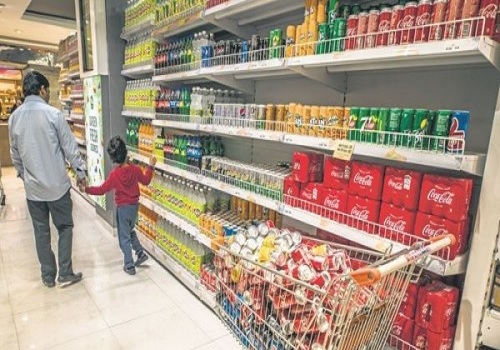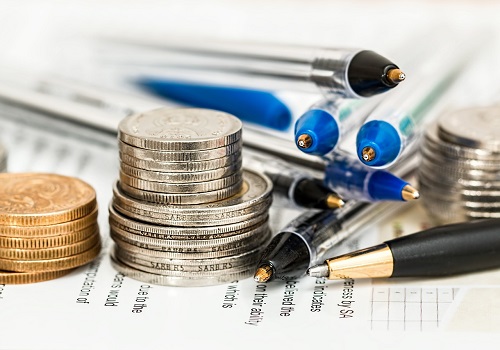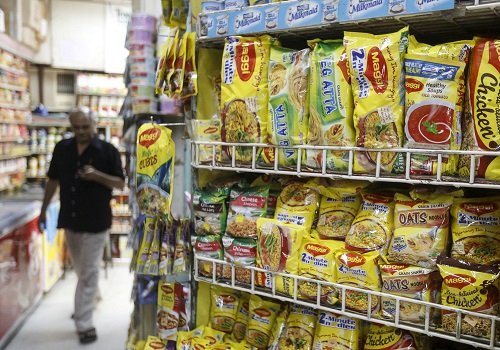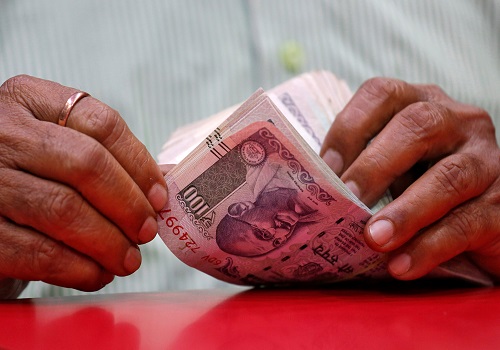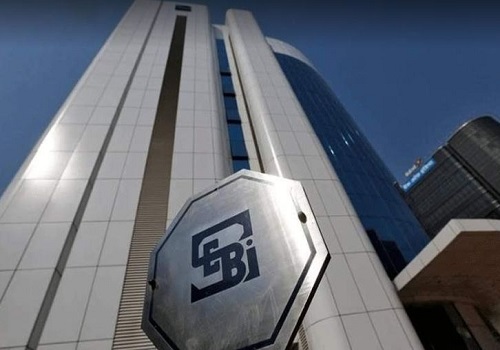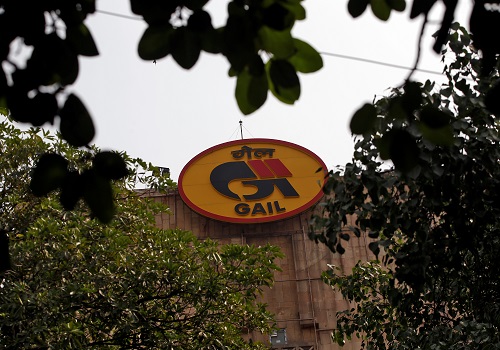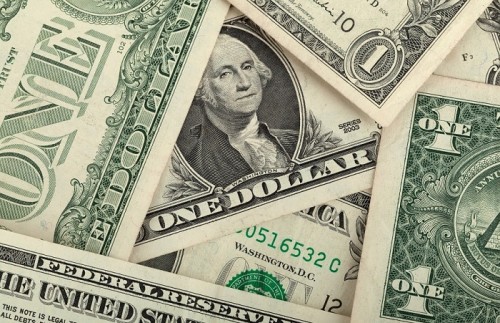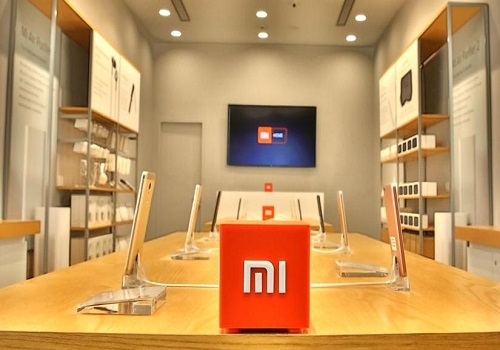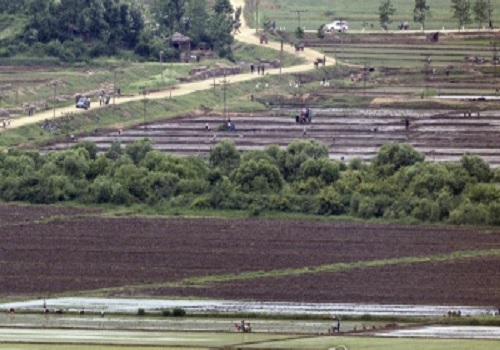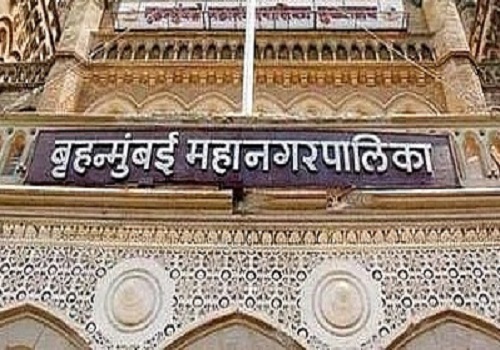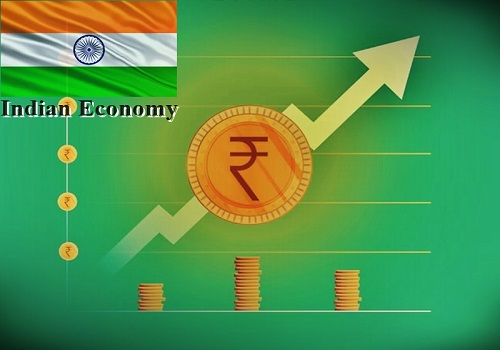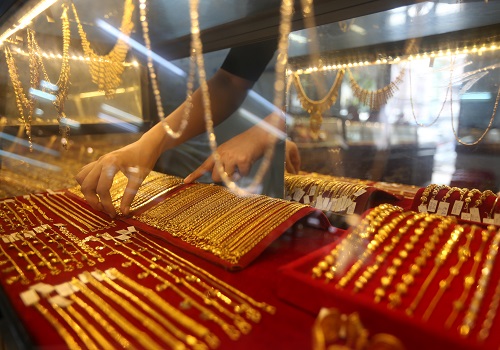Formal sector gained market share during Covid while informal economy suffered
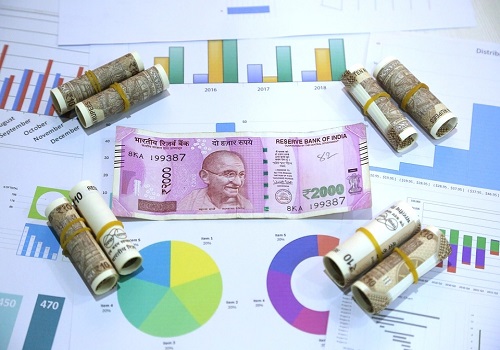
Follow us Now on Telegram ! Get daily 10 - 12 important updates on Business, Finance and Investment. Join our Telegram Channel
The formal sector appears to have gained market share during the Covid-19 pandemic, while the unorganised/informal economy has suffered and which is not adequately captured in the GDP numbers currently, foreign brokerage UBS said.
The effects of the pandemic have adversely affected the employment and income levels of the workers in the informal sector largely in the non-agriculture sector in rural areas and high contact services sector in urban areas, the report said.
"We expect real GDP growth to remain well above trend at 7.7 per cent YoY in FY23E before settling at the long-run average of 6 per cent in FY24E. Even though India should remain one of the fastest growing EM in FY23E (on a strong statistical carry over), the output gap may continue to be negative throughout. On balance, we remain more optimistic than consensus (7.4 per cent YoY) about a FY23 recovery," the report said.
While consumption growth could moderate, measures to boost public capex and early signs of a recovery in the residential real estate sector may offset some of the adverse impact. Goods exports could moderate as the expected shift from goods to service consumption at a global level as the pandemic recedes should weigh on global trade.
"We also flag a potential credit accelerator effect in India aiding the recovery. Our baseline assumption is that activity continues to normalise and remaining mobility restrictions are gradually removed," UBS said.
We expect near-term household consumption to continue to benefit from unwinding of forced/precautionary savings accumulated during the Covid crisis. UBS Evidence Lab's India Savings & Investment Online Consumer Survey of 1,000 urban Indians indicated improvement over the previous survey in November 2020. Among respondents, 55 per cent saw savings increase vs. last year. Notably, over half of respondents saved as precautionary measure; a sizeable number feel higher income led to higher savings.
Consumption Outlook Consumer Survey of 1,500 consumers indicated affluent Indians' income during the pandemic was relatively unchanged and could support near-term pent-up demand. Nearly two thirds of respondents anticipate income to increase in 2022 as affluent consumers are spending again).
"We think optimism about income growth and a better financial situation is a key metric to track regarding a swift normalisation of consumption trends. We expect improving demand-side indicators (vehicles, property, home & personal care, consumer durables, etc). Notably, the top 20 per cent of the Indian population account for the bulk of discretionary consumption (59 per cent of discretionary consumption in rural areas and 66 per cent in urban areas)," the report said.
However, we will closely monitor recent supply-side disruptions, including high global commodity prices (especially oil) as these may weigh on India's fragile economic recovery.
